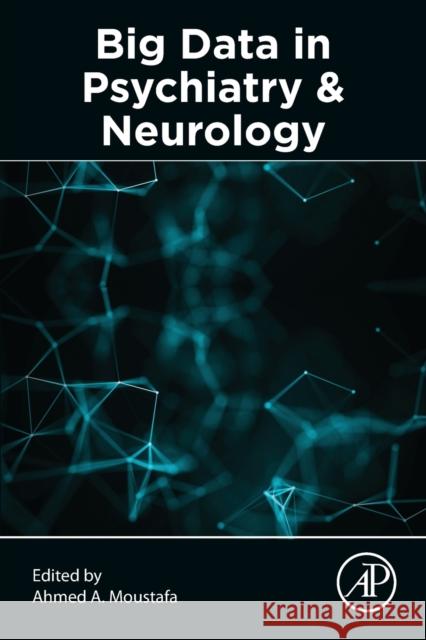Big Data in Psychiatry and Neurology » książka
topmenu
Big Data in Psychiatry and Neurology
ISBN-13: 9780128228845 / Angielski / Miękka / 2021 / 386 str.
Kategorie:
Kategorie BISAC:
Wydawca:
Academic Press
Język:
Angielski
ISBN-13:
9780128228845
Rok wydania:
2021
Ilość stron:
386
Waga:
0.51 kg
Wymiary:
22.91 x 15.19 x 2.03
Oprawa:
Miękka
Wolumenów:
01
Dodatkowe informacje:
Bibliografia











